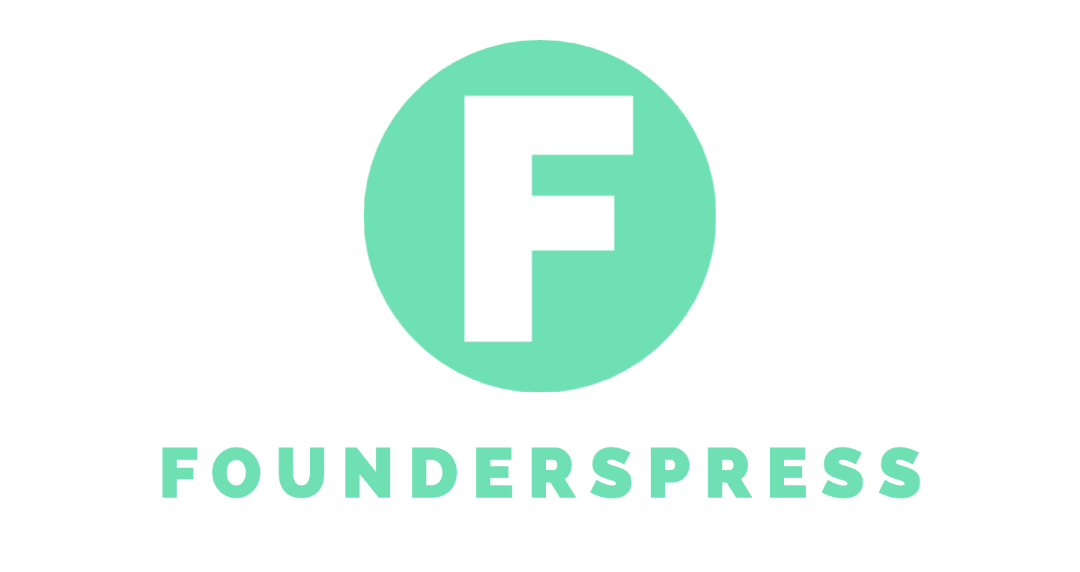Global investment bank GCA released its recent report outlining the tremendous growth predictions in the EdTech sector holding strong into 2025, with EdTech being the fastest growing sector within the larger education market.
Investors and the industry as a whole are banking on solid growth in this sector, betting big on software plays that are ultimately scalable.
Which is, of course, the right path forward, especially given that with the pandemic, at times over 1.2 billion students globally were out of traditional face-to-face classrooms, and it seems as though online and remote learning is here to stay.
The higher education industry has been disrupted with MOOCs, online learning, and various pandemic-related hybrid delivery models; however, many students still crave in-person learning. As we think about the future of education and EdTech more specifically, especially from a growth perspective, it seems as though some hybrid model is likely the best growth strategy for companies that want to see real traction going forward. VC-funded companies with the potential for massive scale and growth are those that have very high potential. Leta Capital’s Alexander Zemlyak outlines what they look for to determine if companies are investable, and, in short, for companies to be considered a good fit for institutional, VC investment they should:
Be scalable, which means a target return of 10X
Have a planned exit, which means no more than 7 years
Have a strong record and traction
Demonstrate a strong business plan, which means a proven way of acquiring paying customers in a large total addressable market
There are other more qualitative factors that come into play in determining how investable companies may be – which can include an assessment of the founders and the team, specific industry specialization, and true technical innovation – and it is important to be mindful about the elements of the particular recipe that make up your particular start up. Alex Leduc, CEO of Perch, for instance, stresses the importance of expanding your network as a key insight for any one starting a business and looking for growth.
EdTech start ups are particularly interesting as sites for venture capital. Typically EdTech companies that focused on the slow sales cycles of institutional adoption of software solutions at the district, board, or institutional level were not mainstream businesses for venture funds, but with the global pandemic, EdTech financing has become more and more common outside of its typical niche funds.
While pure tech plays in EdTech are the most exciting and ultimately the most scalable with the best margins, many students have expressed their preference for a hybrid educational model. What this means is that students (or learners, wherever they may be) crave something that feels a bit more community or real time based. Another way of putting it is that students aren’t necessarily all happy with asynchronous delivery of learning materials. Their entire lives are online, and it looks like the are interested in online learning opportunities that combine the best of asynchronous learning – modules that they can work through 24/7 on their own schedule – with the opportunity for synchronous learning – where they access real-time help from instructors.
It is our bet that companies like Wize that combine both asynchronous, subscription-based supplemental learning materials that are tailored to courses across North America, along with synchronous, live exam prep cram sessions offered via Zoom will find the best growth potential in this bullish EdTech funding context we find ourselves in at present. While there is absolutely opportunities for amazing and exciting growth throughout various educational sectors, the most promising companies have some sort of moat around them so that what they’re offering isn’t just effective during the pandemic, which will, inevitably end, but effective in the long run.



